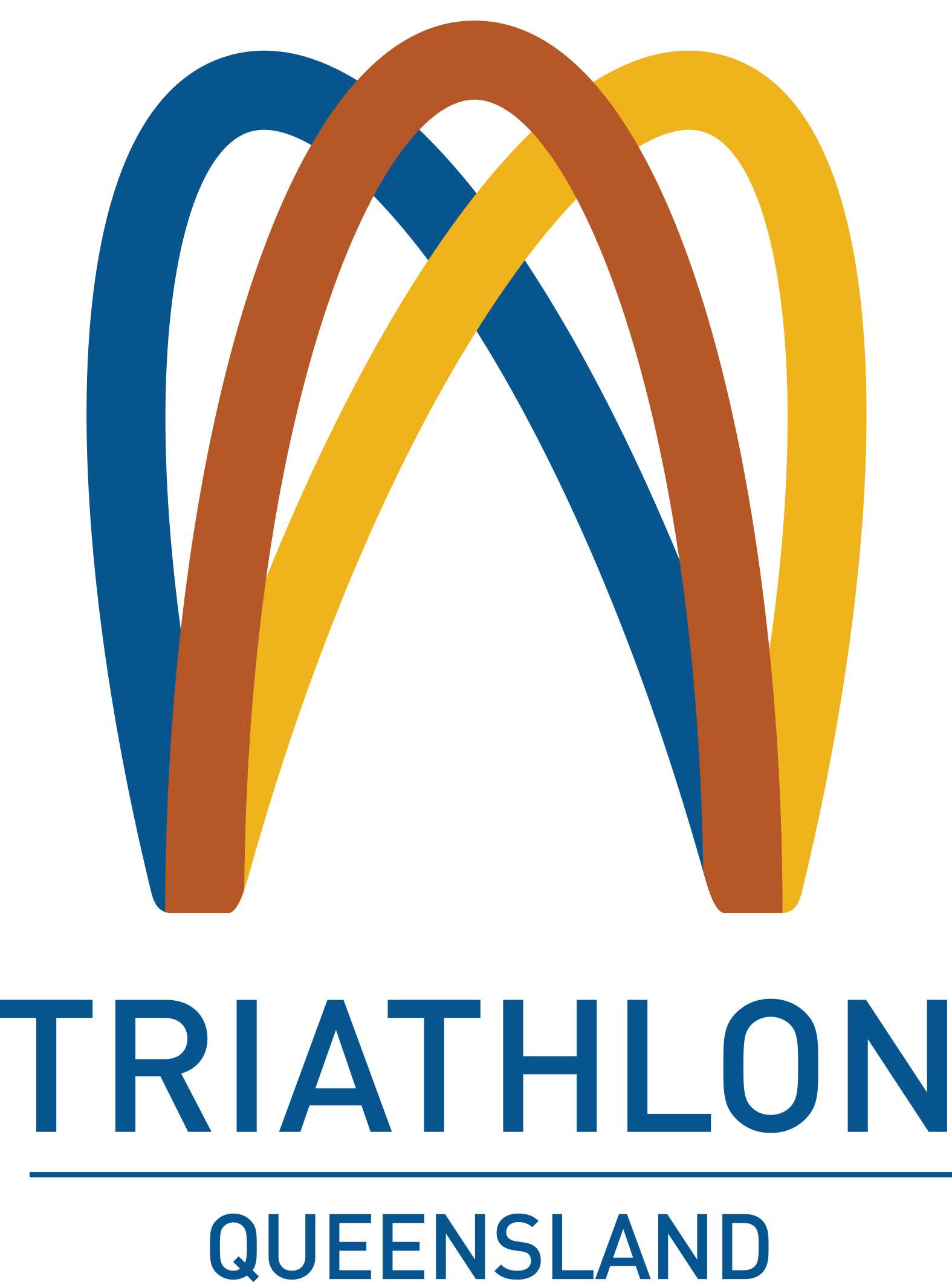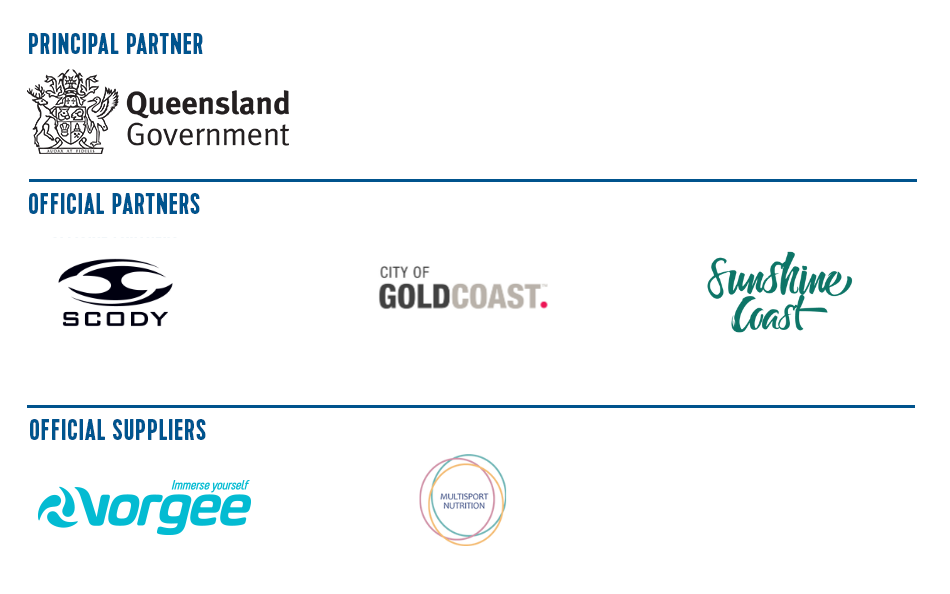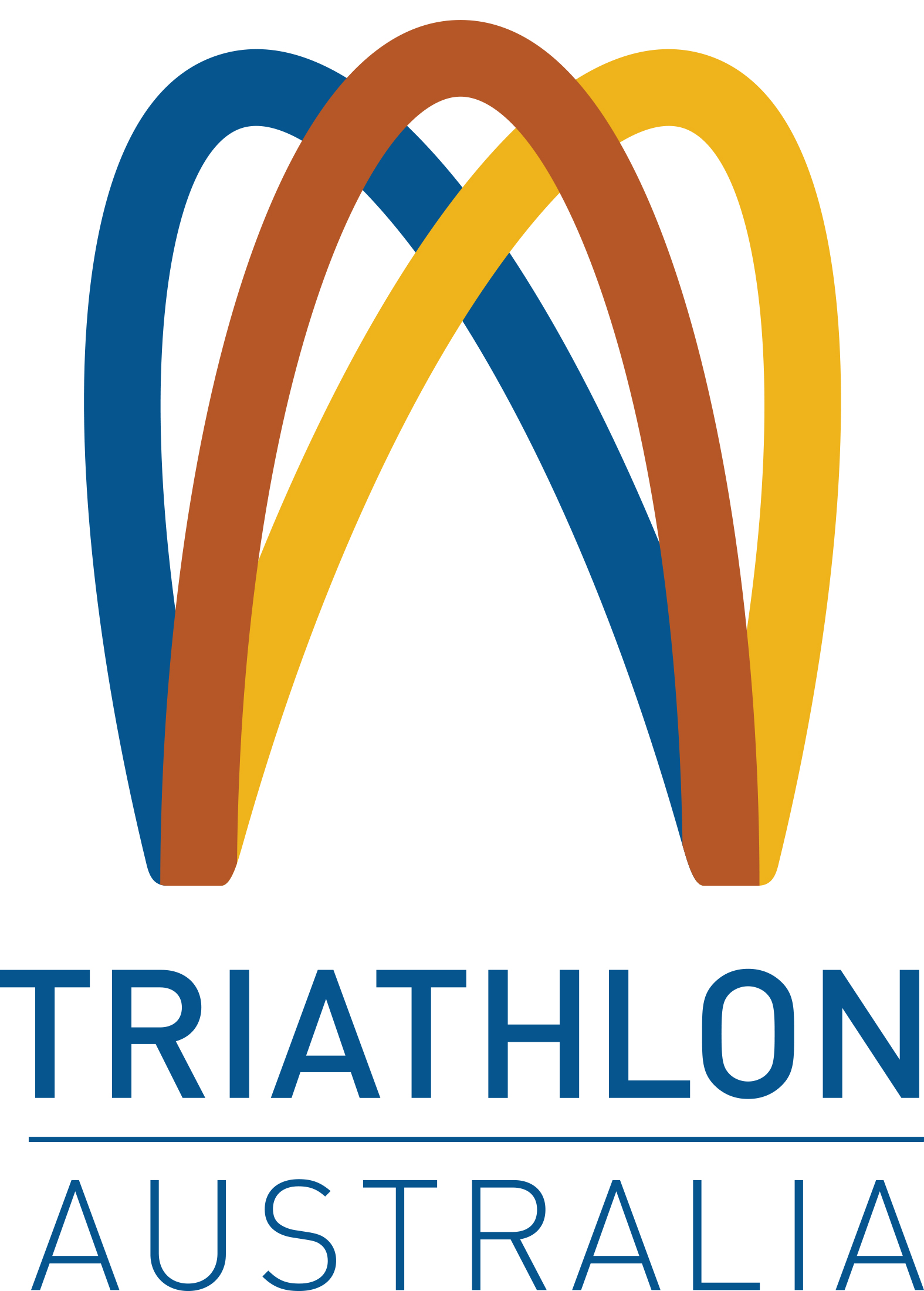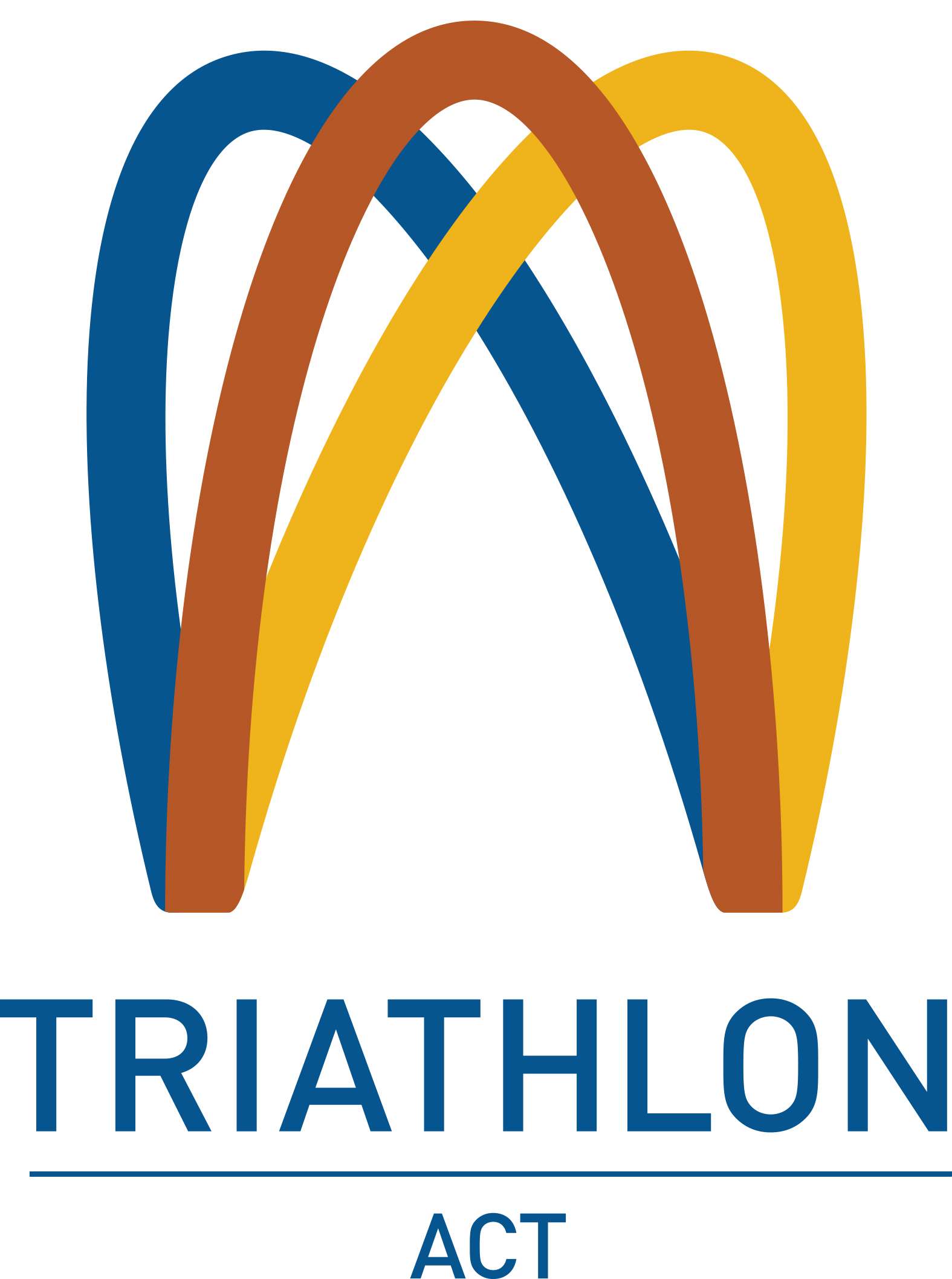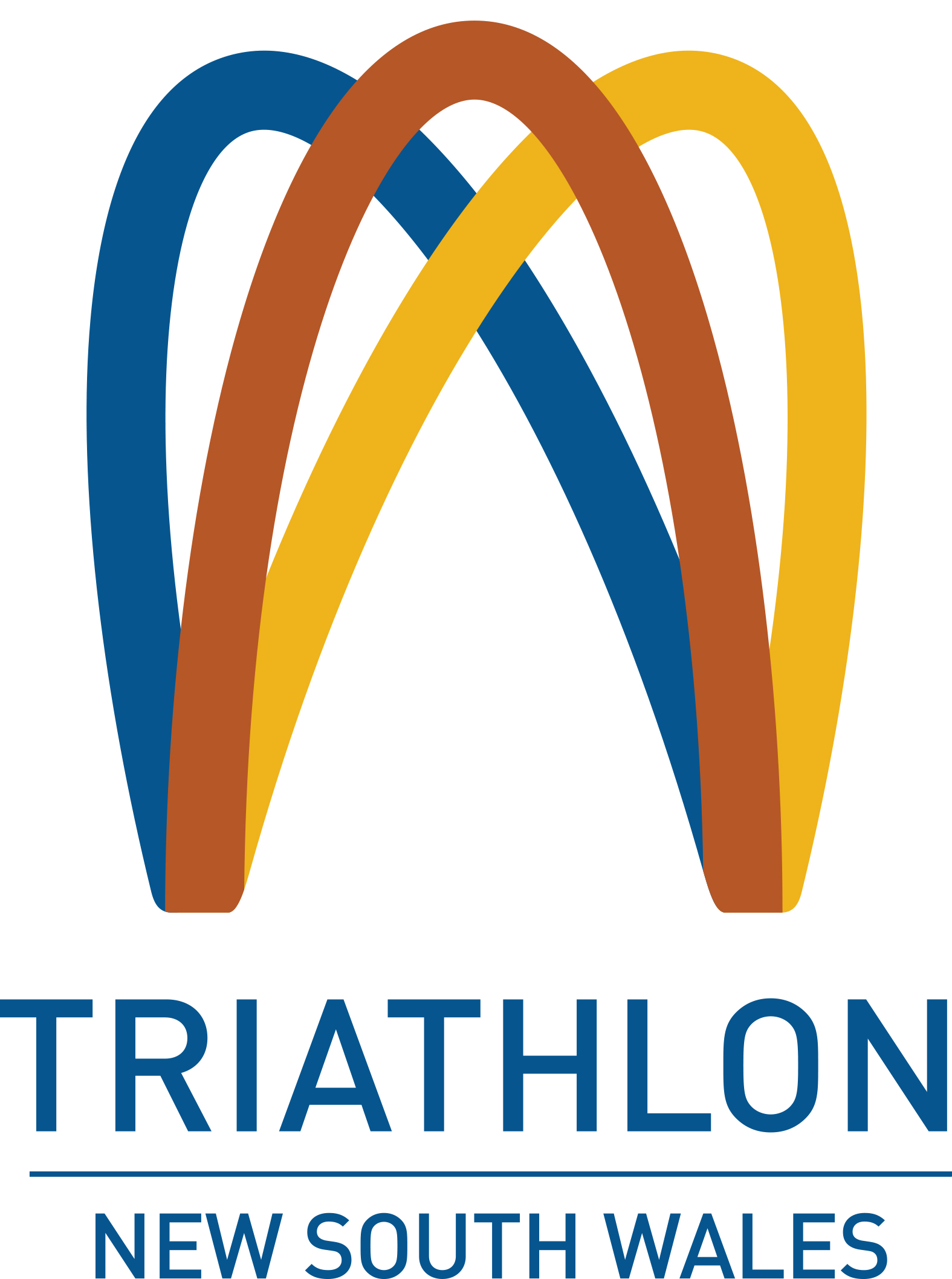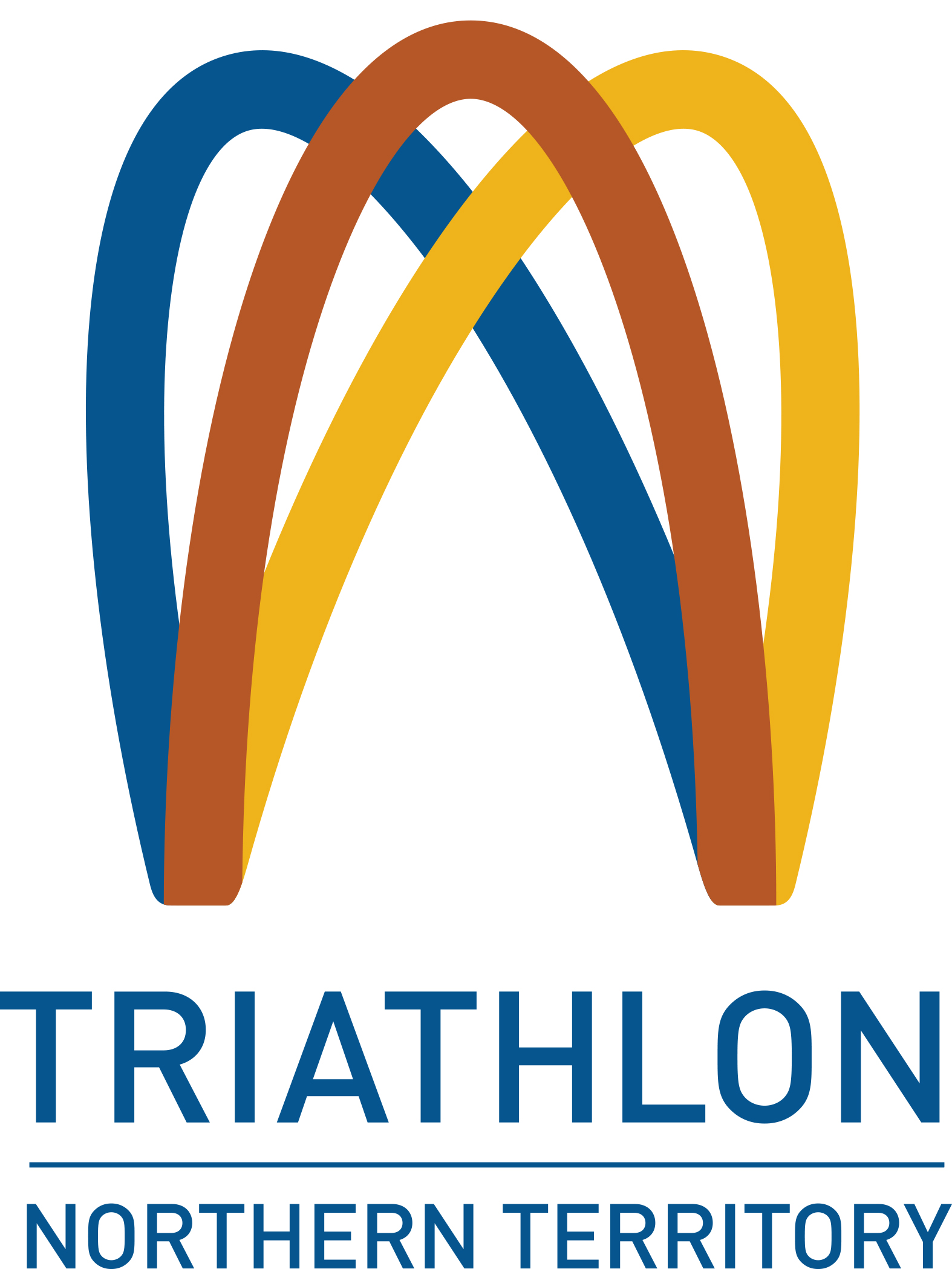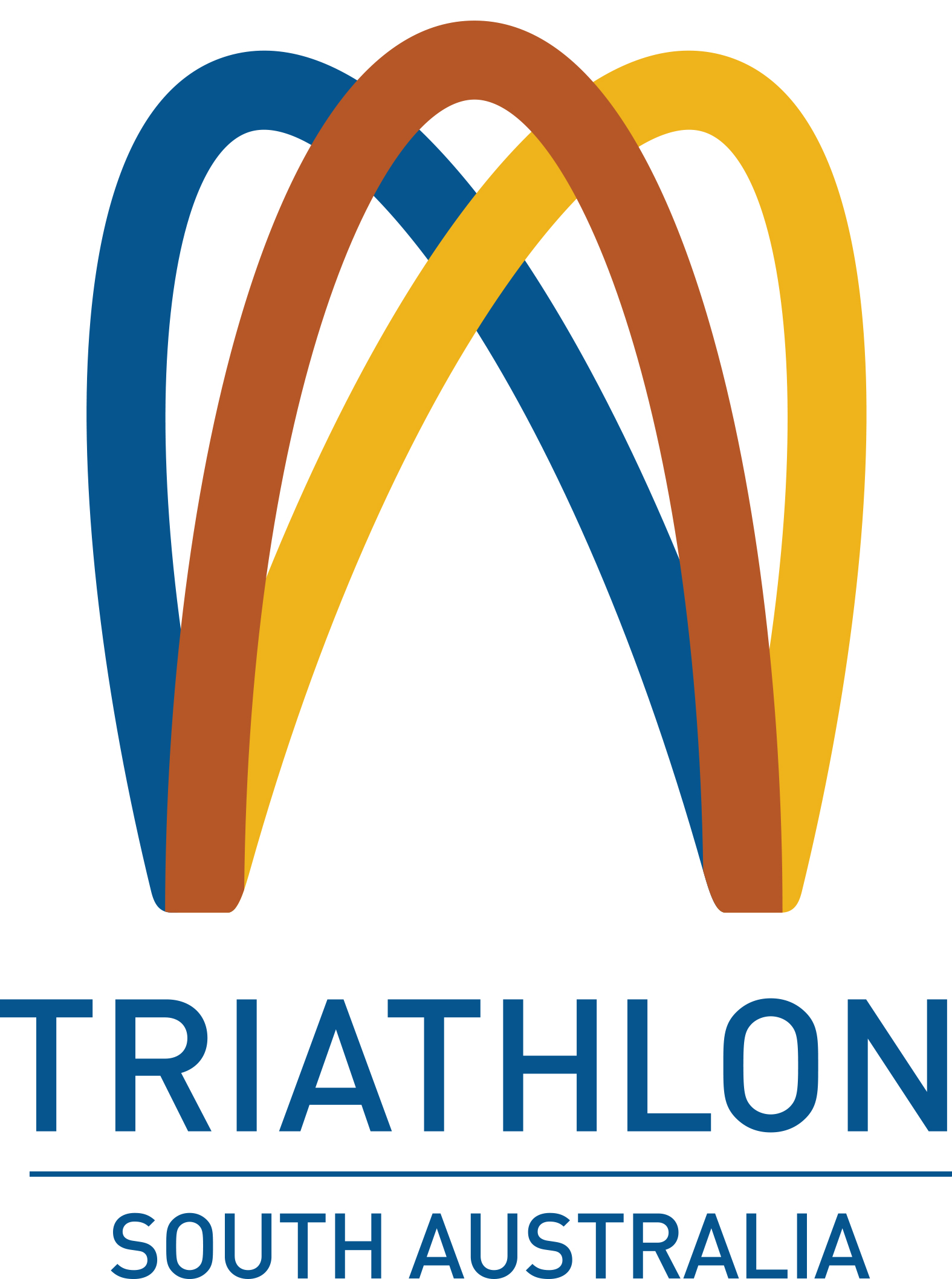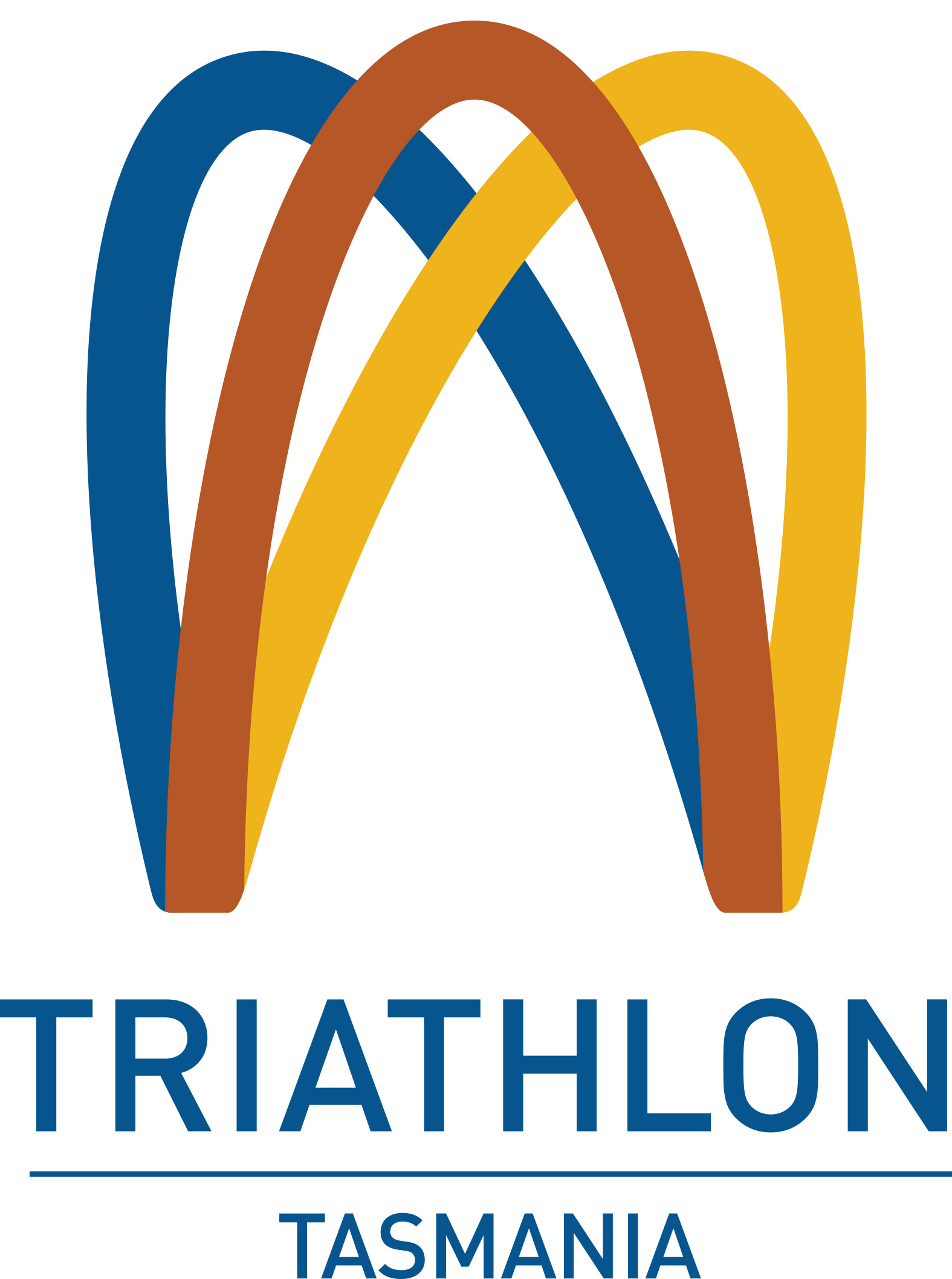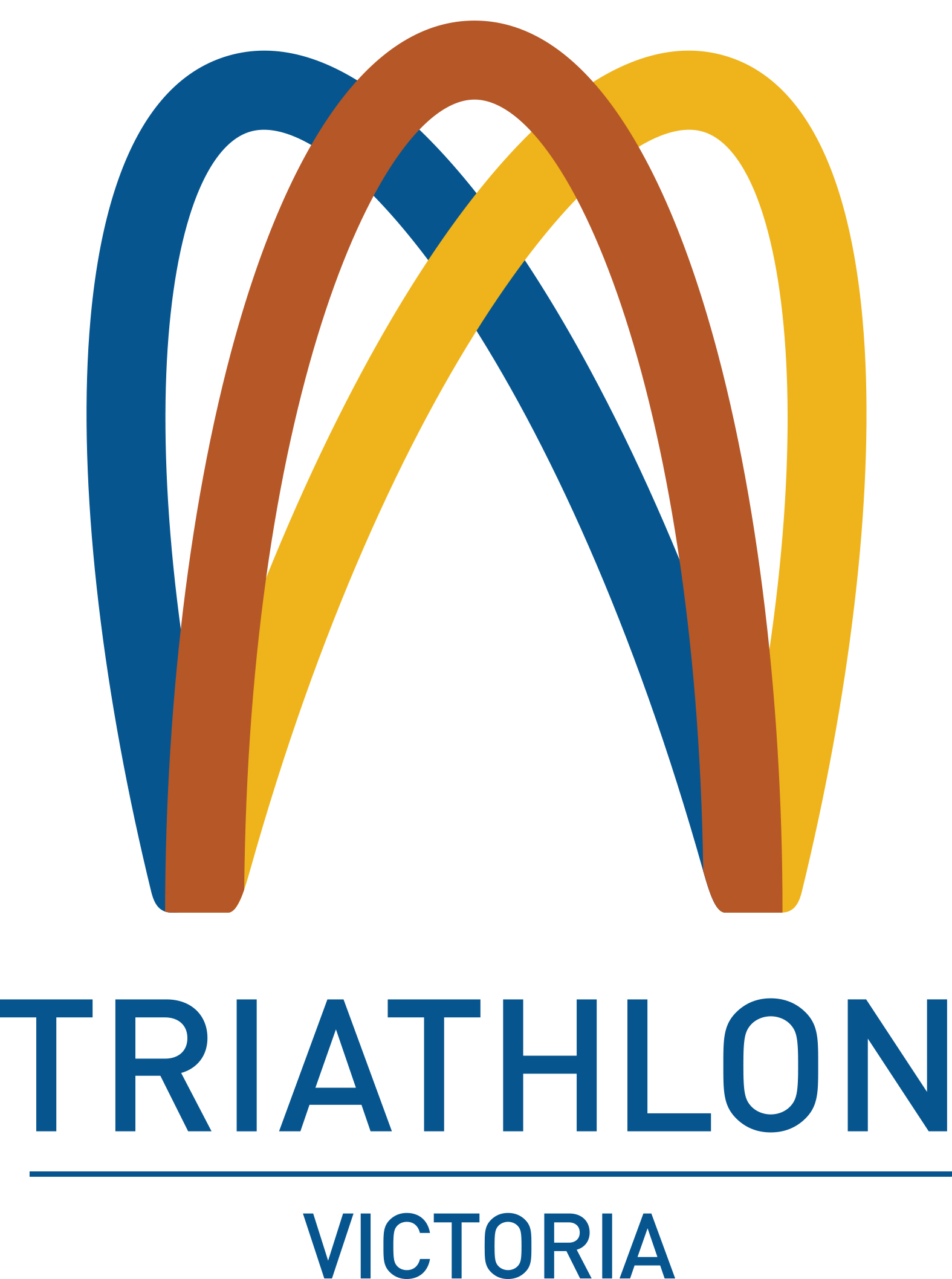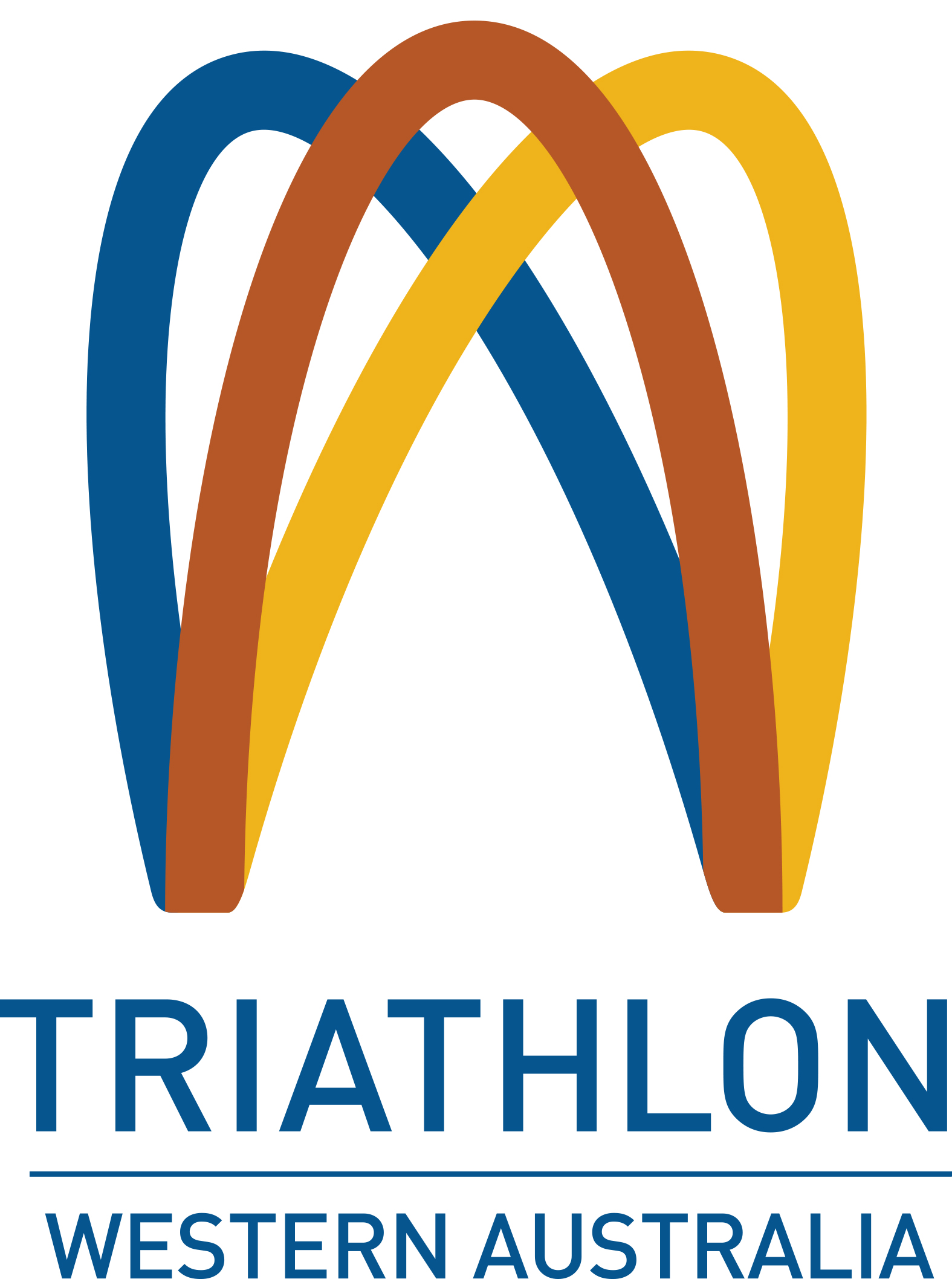Photo credit: Delly Carr/ITU Media
Content provided by Taryn Richardson, Accredited Sports Dietitian.
What are supplements?
Supplements typically fall into three main categories: Sports foods and fluids, Medical supplements and Performance supplements.
Sports foods and fluids include things such as gels, sports drink, energy bars, chews, bloks, protein powders, protein bars and recovery drinks. These supplements are useful in select situations as they’re easily accessible, portable, convenient and provide concentrated nutrients when real food may not be practical. During longer training and events >1.5 hours; gels, chews, bars and sports drinks provide easy to digest nutrition to keep pace with the demands of training and competition.
Medical supplements are used to treat a known deficiency such as iron, calcium, vitamin D. They should only be taken on advice from a medical professional or accredited sports dietitian and only for a defined period of time to correct a known deficiency.
Performance Supplements include things such as caffeine, creatine, beta-alanine or bicarbonate. Also known as ergogenic-aids, these supplements have been proven in scientific trials using specific protocols to provide a performance benefit in certain sports in one way or another.
Do triathletes need to take supplements?
The supplement industry is a multi-billion-dollar industry, with a lot of what’s out there just pure marketing hype. If something offers you super-human powers, chances are you’re wasting your money. In some cases, supplements can impair performance, rather than enhance it.
As a dietitian, my approach is always food-first. A nutrition supplement, as the name suggests should ‘supplement’ the diet, not replace it. What’s also important to consider is that you will get the best performance-enhancing effect from consistency in your day-to-day diet. Get the foundations of a balanced, healthy diet that’s periodised across your training week right first, then consider tweaking things from there.
- If you have a diagnosed deficiency, a medical supplement is warranted with medical guidance and supervision.
- Sports foods and fluids such as sports drinks and gels have their time and place in longer training sessions and events. These supplements are not recommended for adolescent athletes.
- Performance supplements are the cherry on the icing on the cake. It’s important to get the base layers nailed first before launching into this arena – the sponge being your day-to-day diet, the icing being evidence-based sports nutrition principles. If you’re not consistently winning every time you race, it’s likely there are other areas to address before seeking out a “magic” pill or potion.
Source: Asker Jeukendrup
Supplements safety
Now that age groupers are subject to doping control, it’s important you have a thorough understanding of the supplements you’re taking. The supplement industry is largely unregulated. As such the risks associated with consuming banned substances from supplements is real.
If you choose to use supplements, you need to follow a process to ensure the supplements you use are effective and safe. Apply strategy to reduce your chance of an accidental positive test:
- In deciding to take a supplement, consult your sports physician or accredited sports dietitian about whether you require supplements in the first instance.
- Select brands that have had their supplements third party audited by companies such as www.informed-sport.com and www.hasta.org.au. These supplements offer lower risk.
- Check the ingredients list for prohibited substances. However, be aware that the supplement label may not include all substances contained in the product.
- Aegis Shield is a handy app that provides information about whether the ingredients listed on supplements are prohibited in sport. As an example, Oxyshred is clearly listed on Aegis Shield as containing “banned” ingredients and should not be used in sport.
- Refer to The Triathlon Australia Supplement Policy for guidelines as to what supplements (if any) you can take and the processes you should follow.
- Check the Australian Institute of Sport supplement framework to see if the supplement you are considering has been shown to be effective to assist sports performance, recovery or health and well-being.
- Complete ASADA’s eLearning Level 1 Course, and stay up to date on new anti-doping issues with the Level 2 Course.
There are also two companies in Australia that offer third-party auditing of supplements; Informed Sport and Hasta. Keep an eye out on your products for these two logo’s as they have been through an independent screening process. A good habit to get into is writing down the batch number of every gel, bar, chomp, powder and sports drink you take. Before purchasing anything, do you research and talk to a professional.
An Accredited Sports Dietitian can help you work out what supplements are best for you and your event.
Taryn Richardson, Accredited Sports Dietitian, Dietitian Approved
